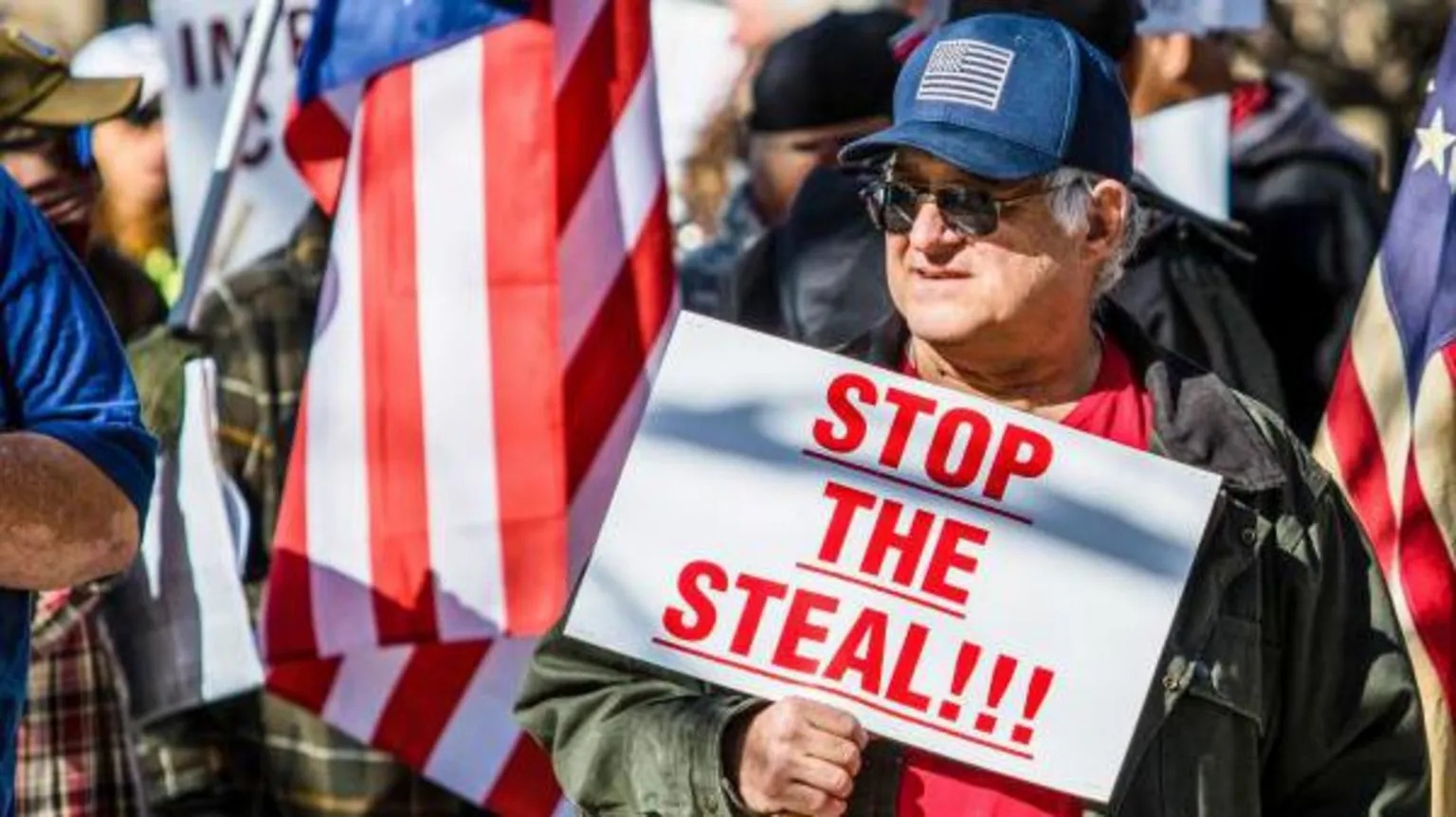
Voter Fraud Claims Flood Social Media Pre-Election
As the US approaches election day, voter fraud claims US election are overwhelming social media platforms. Posts filled with rumors and accusations of electoral fraud, particularly favoring former President Trump’s stance, are spreading widely, posing significant challenges for election officials and impacting voter confidence. This flood of misinformation echoes narratives from the 2020 election, where similar claims led to serious disputes and even violence.
Rising Misinformation on Social Media
Hundreds of incidents related to voting irregularities are being circulated by independent groups and some partisan entities. These voter fraud claims US election often imply non-citizen voting, ballot tampering, and untrustworthy voting machines. In Pennsylvania, for instance, a viral video misleadingly suggested fraudulent activity, only for officials to clarify it was a routine ballot delivery. Yet the video had already reached millions.
For more on election misinformation, visit BBC’s coverage.
Officials Work to Combat Falsehoods
Amidst rising allegations, election officials are working tirelessly to verify facts and reassure voters. Al Schmidt, Pennsylvania’s top election official, urges caution, advising voters to ignore disinformation. This flood of voter fraud claims US election appears timed to undermine public confidence in the electoral process, with election authorities frequently debunking fake news while emphasizing the robustness of safeguards.
Echoes of 2020’s “Stop the Steal” Movement
Experts worry that the current wave of misinformation could replicate the aftermath of the 2020 election, which culminated in the January 6 Capitol riot. In that election, baseless voter fraud claims fueled the “Stop the Steal” movement. Similar sentiments are growing ahead of this election, with a large percentage of Americans expressing doubt about whether Trump would accept the results if he loses.
The Role of Conspiracy Theories
Wendy Via, founder of the Global Project Against Hate and Extremism, highlights the role of conspiracy theories in bolstering voter fraud claims US election. According to Via, certain groups on the far right are bracing for alleged electoral fraud on a level they were not prepared for in 2020. This anticipation, along with heightened activity on platforms like X (formerly Twitter) and fringe message boards, could escalate if election outcomes are close.
Real Incidents Fuel Online Misinformation
While isolated cases of administrative errors or voter fraud occur in any large-scale election, these incidents are now widely shared online as supposed proof of widespread misconduct. For instance, a single incident in California where ballots were found in a storm drain sparked immediate online speculation of deliberate fraud. According to Democracy Works CEO Luis Lozada, these incidents are “catnip” for those seeking to erode trust in democracy.
Impact on Trust in Democracy
The surge in voter fraud claims US election represents a dangerous trend that could damage faith in democratic processes. While election officials continue to emphasize the reliability of election safeguards, these claims raise tensions and fuel distrust among certain voter groups. This misinformation has the potential to escalate, affecting both pre-election and post-election responses in the US.
As election day nears, voters are advised to rely on credible sources for information and avoid spreading unverified claims. Only by reinforcing transparency and addressing misinformation can trust in the electoral system be preserved.





